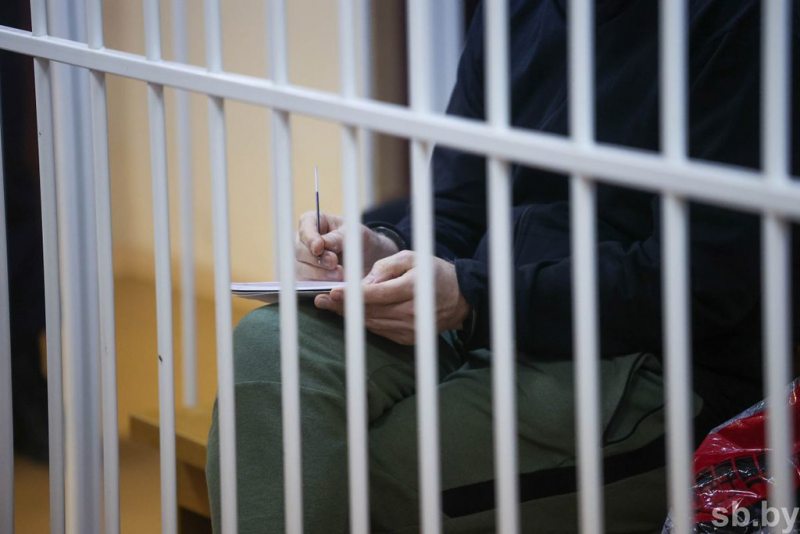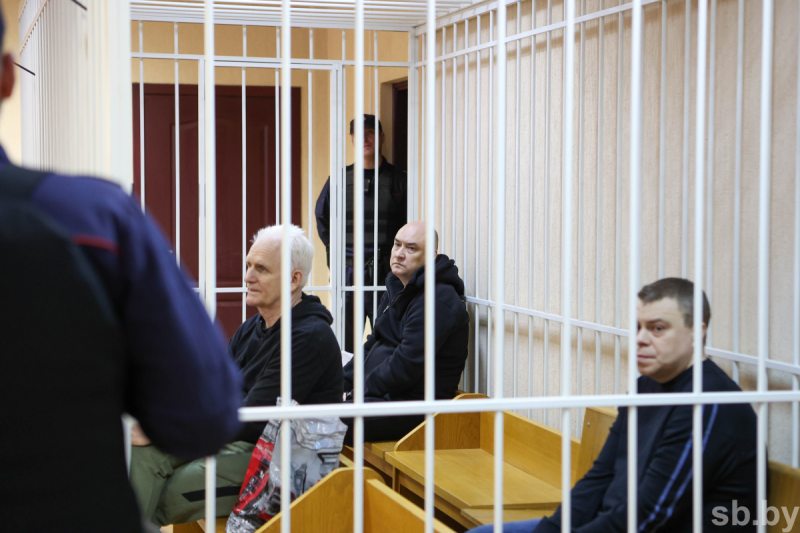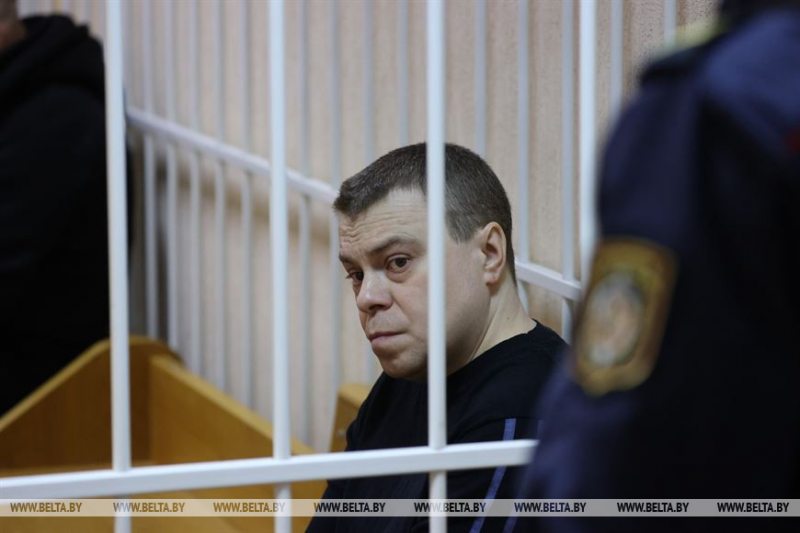UN Special Rapporteurs informed about violations of the rights and freedoms of Viasna members during the trial
The Lieninski District Court of Minsk reached the closing arguments step in Viasna trial. The prosecution is seeking to sentence the Nobel Prize laureate Ales Bialiatski to 12 years in a penal colony, Viasna deputy chair Valiantsin Stefanovic to 11 years, lawyer Uladzimir Labkovich to 9 years, and Zmitser Salauyou who is tried in absentia to 10 years. In connection with the violation of the fundamental rights and freedoms of the Viasna leadership during the trial, the rights advocates of Viasna appealed to the UN special rapporteurs on human rights defenders, freedom of peaceful assembly and association, as well as the state of human rights in Belarus.
Viasna lawyer Sviatlana Halauniova explains that during the trial the following violations of the rights and freedoms of the defendants were recorded.
|
Special Rapporteurs are independent experts appointed by the UN Council. Thematic Special Rapporteurs focus on issues related to violations of rights and freedoms. Country Special Rapporteurs work with problems within one country. The experts are independent in their recommendations and actions and are not subordinate to bodies or international officials. |
The defendants are kept handcuffed and caged in the courtroom
Handcuffs and a cage create an image of a dangerous criminal and thus violate the presumption of innocence guaranteed by Article 16 of the Code of Criminal Procedure of Belarus and Article 14 of the International Covenant on Civil and Political Rights. It is also a violation of the right to humane treatment guaranteed by Article 11 of the Code of Criminal Procedure and Articles 7 and 10 of the International Covenant on Civil and Political Rights.

- Ales Bialitski is taking notes with a bare ballpoint pen refill in the courtroom while wearing handcuffs.
The use of such excessive means prevents defendants from taking notes during the trial and handling documents, which impairs their ability to defend themselves effectively. It also brings discomfort and physical suffering to human rights defenders and contradicts the principles of humanity, inviolability of the person, respect for the honor and dignity of the person, and the presumption of innocence.
In addition, the use of handcuffs does not fall under any paragraph of Article 28 of the Law “On Internal Affairs Bodies of the Republic of Belarus” regulating the use of restraint devices and compliance tools.
Judge Maryna Zapasnik refused to consider the motions to remove the handcuffs and release human rights defenders from the cage, arguing that these issues are in the competence of the security officers, not the court. However, the legislation provides all the conditions for the judge to promptly resolve the issue. Thus, her refusal to consider the motion is not based on the law.
State-run media publish diatribes against the defendants

- The practice of keeping an accused person in a metal cage has long been recognized by the human rights community as humiliating and insulting treatment.
Materials showing defendants in a metal cage are misleading as to their guilt, as there is no conviction yet. This violates the presumption of innocence guaranteed by Article 10 of the International Covenant on Civil and Political Rights.
The prosecution and the court refuse to speak Belarusian, one of the two official state languages
In their daily life and in communication with government agencies, the defendants use only the Belarusian language. In court, they testify in Belarusian, despite the fact that the judge and the prosecution use Russian and refused to conduct the trial in Belarusian. Judge Zapasnik also refused to provide the defendants with an interpreter. All this constitutes discrimination under Article 14 of the International Covenant on Civil and Political Rights.
Uladzimir Labkovich was not provided with medical assistance

- Uladzimir Labkovich petitioned for a break in the trial because he felt unwell and had a fever shortly before the third court session.
This is a violation of the judge's obligation to ensure humane treatment of the accused during the trial, as set forth in Article 11 of the Code of Criminal Procedure and Article 7 of the International Covenant on Civil and Political Rights.
Belarus ignored recommendations of the Human Rights Committee to re-register Viasna
“The criminal case against human rights defenders is politically motivated—in fact, it is persecution for peaceful human rights activities,” believes Sviatlana Halauniova. “For many years the Belarusian authorities have ignored the decision of the Human Rights Committee, which recognized Viasna's liquidation as a violation of the right to freedom of association of human rights defenders and recommended that the human rights organization be re-registered. By failing to implement the recommendation, the Belarusian authorities themselves made it impossible for Viasna to become a taxpayer in the country and continue its work without violating national law. This was also acknowledged by the Human Rights Committee as part of the criminal proceedings against Viasna chair Ales Bialiatski in 2012.

















